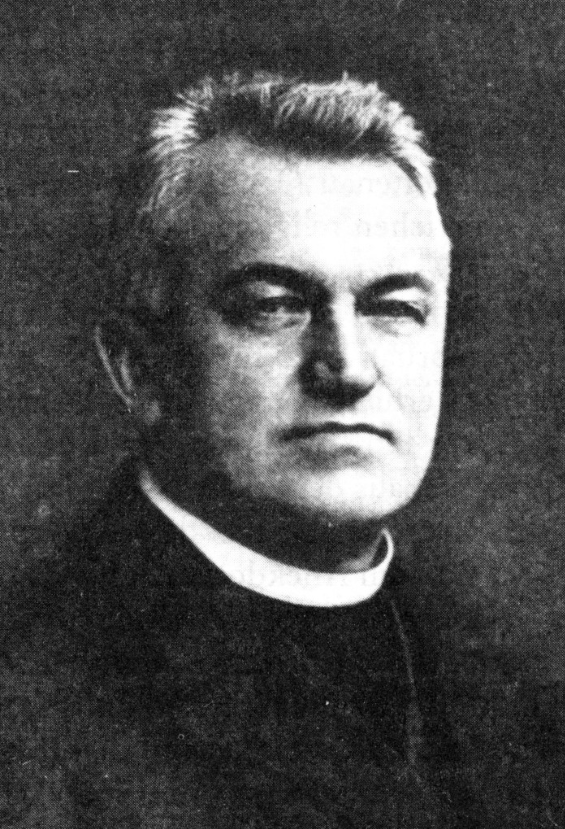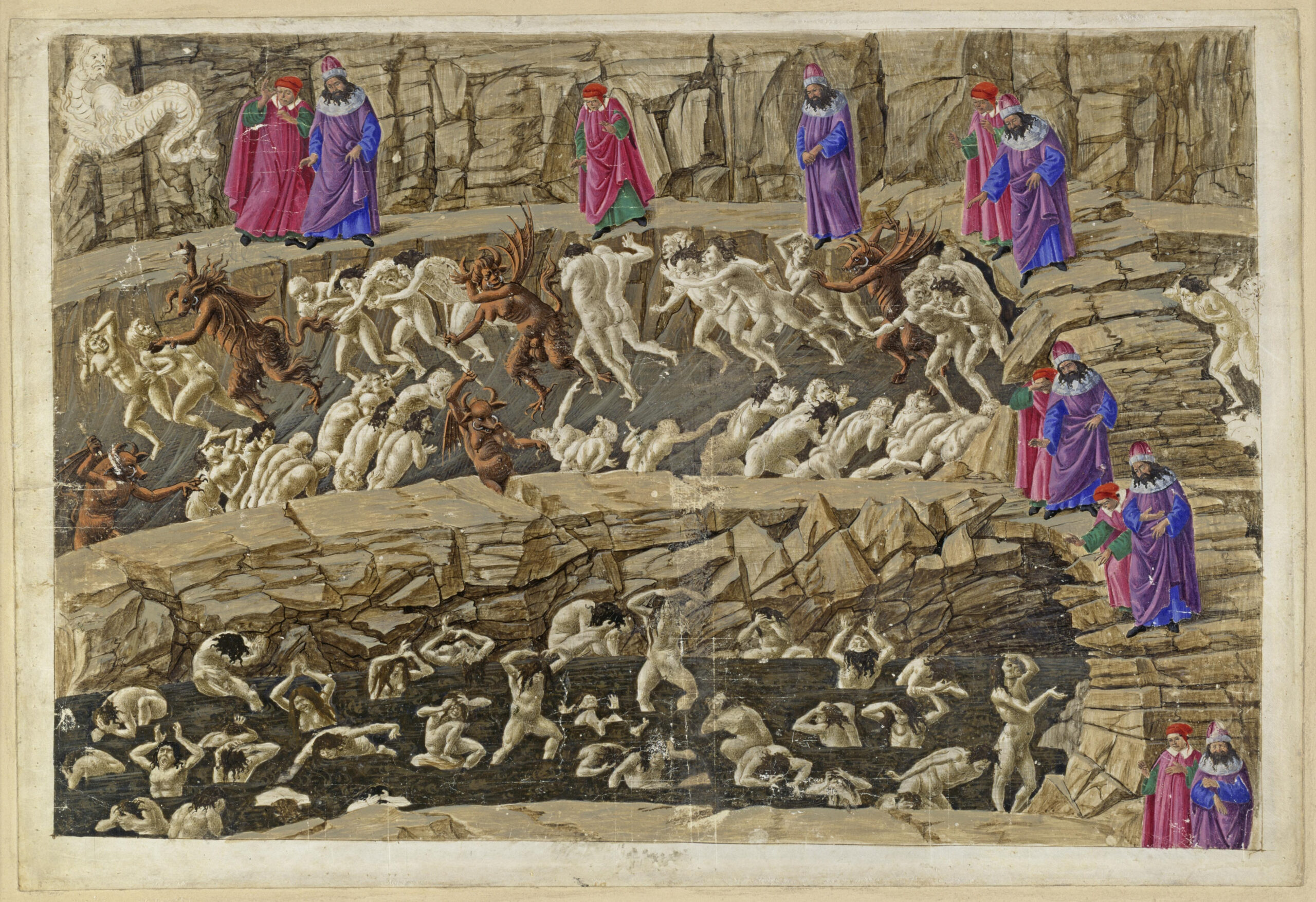Venial sin makes mortal sin easy. As a spot of decay in an apple gradually spreads until the whole fruit is rotten, so the man who does not heed venial sins will soon fall into mortal sin. As sickness precedes death, so venial sins precede mortal. He who begins by neglecting trifling faults, will end by committing grievous sins.
Venial sins may be compared to the dust which settles on our clothes, and if it be not brushed off will spoil them in the end; it is the moth that frets away the garment of sanctifying grace. God permits those who make light of venial sin to fall into mortal sin as the chastisement of their negligence.
“Avoid small sins,” says St. John Chrysostom, “for they will grow into great sins.”
“He that is unjust in that which is little is unjust also in that which is greater” (Luke 16:10).
As one who wants to cleave a log of wood makes a small incision, and then drives in the wedge, so the devil tempts us first to commit slight offences, and gradually leads us to greater transgressions. Venial sin is all the more dangerous because it deprives us of many actual graces, without which we cannot overcome the assaults of temptation.
A mirror when covered with dust cannot reflect an image clearly, and the mirror of the soul, if its surface be obscured by the dust of venial sin, is almost impervious to the rays of the Sim of justice. A personage of distinction cannot be expected to approach a man who is frightfully disfigured by some cutaneous disease, much less to embrace him, or even suffer him to kiss his hand; so God will not admit you to His friendship or delight you with His consolations if your soul is defaced by venial sin.
Venial sin lessens our diligence in the pursuit of what is good. A trifling indisposition often incapacitates us for the performance of the duties of our calling; in like manner venial sin weakens the will and indisposes it for good works. It diminishes the force of charity, and makes a man lukewarm in the service of God. To him may be applied the words of Holy Scripture: “Because thou art lukewarm, and neither cold nor hot, I will begin to vomit thee out of My mouth” (Rev. 3:16).
Zachariah was struck dumb because he would not believe the message of the angel (Luke 1:20); Moses was not allowed to enter the Promised Land because of his incredulity (Numb. 20:12). Ananias and Saphira fell dead at St. Peter’s feet in consequence of the deception they practiced. Those who at their death are in a state of venial sin, will have to pass through the fires of purgatory in order to expiate them before gaining admittance to heaven. On this account the saints inflicted severe penalties upon themselves for the least sin. Venial sin must needs be a great evil, since God, Who is a merciful and gracious Father, punishes it with such rigor, namely by temporary exclusion from His kingdom, and prolonged suffering in purgatory.
This article is taken from a chapter in The Catechism Explained by Rev. Francis Spirago, which is available from TAN Books.









